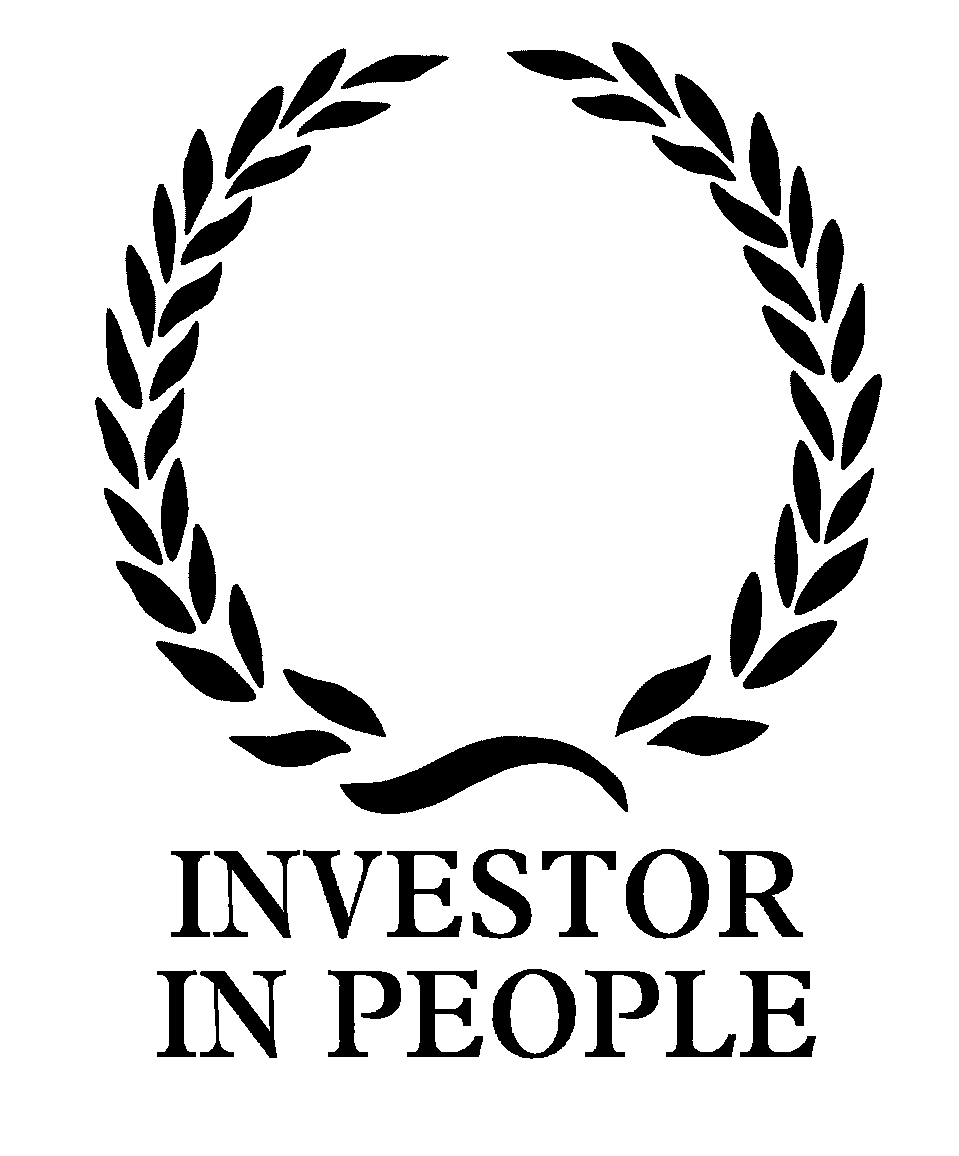







Mathematics
Mathematics knows no races or geographic boundaries,
for mathematics, the cultural world is one country -David Hilbert
Mathematics is a language - Josiah Willard Gibbs
Intent:
Maths is a key subject, essential to everyday life. We aim for children to become fluent in the basic skills of addition, subtraction, multiplication and division, to understand shape. space and measures, to be able to reason mathematically and to solve problems. We aim for children to have the necessary mathematical skills for financial literacy, skills critical to science, technology and engineering to prepare them for employment and their future lives. We aim for pupils to enjoy and be curious about mathematics, to have the ability to persevere when facing challenges and to be prepared for the next stage in their learning in Year 7.
Implementation:
We use a mastery approach to teaching mathematics at Etruscan, starting in the Early Years Foundation Stage. EYFS follow 'Master the Curriculum', supplemented with NCETM mastery approach, to ensure firm foundations and that children are prepared for their learning in Year 1. The White Rose scheme is used in in Years 1-6 as the basis of our teaching, supplemented with NCETM mastering number, classroom secrets and Times Table Rock Stars. This ensures a full curriculum which meets the needs of our children. White Rose Maths helps children develop their conceptual understanding of mathematics by using concrete objects, pictorial representations and abstract thinking. This inclusive approach is based on the principles of cognitive psychology and child development. Alongside White Rose Maths all children in Key Stage 1 and Key Stage 2 are assessed using the NTS system. These tests identify and close gaps in children’s knowledge, whilst at the same time helping to develop mathematical fluency and deepen mathematical understanding.
Core learning in mathematics is
- Know and understand the decimalised number system
- Add and subtract proficiently
- Multiply and divide proficiently
- Understand and use fractions and see the connectivity with decimals and percentages
- Understand the properties of shapes
- Describe position, direction and movement
- Use, understand and convert measures
- Use and understand statistics
- Use algebra to enhance reasoning skills
- Solve problems using different operations
Characteristics of a Mathematician
- An understanding of the important concepts and an ability to make connections within mathematics
- A broad range of skills in using and applying mathematics
- Fluent knowledge and recall of number facts and the number system
- The ability to show initiative in solving problems in a wide range of contexts, including the new or unusual
- The ability to think independently and to persevere when faced with challenges
- The ability to learn from mistakes and false starts
- The ability to reason, generalise and make sense of solutions
- Fluency in performing written and mental calculations and mathematical techniques
- A wide range of mathematical vocabulary
- A passion for math.
Applying Mathematics within other subjects
English:
- Demonstration of skills taught within focused English sessions;
- Opportunities for discussing mathematics and presenting and justifying their reasoning using correct
- Mathematical vocabulary.
Science:
- Measure, statistics – collecting data and drawing graphs
History:
- Ordering dates in chronological order
- Understanding of time periods.
Design and Technology:
- Measure, angles & shape
Inclusion:
Teachers set high expectations for every pupil. They plan challenging work to enable all pupils to make good progress regardless of their academic ability or background. We expect all children to make good progress albeit from different starting points.








